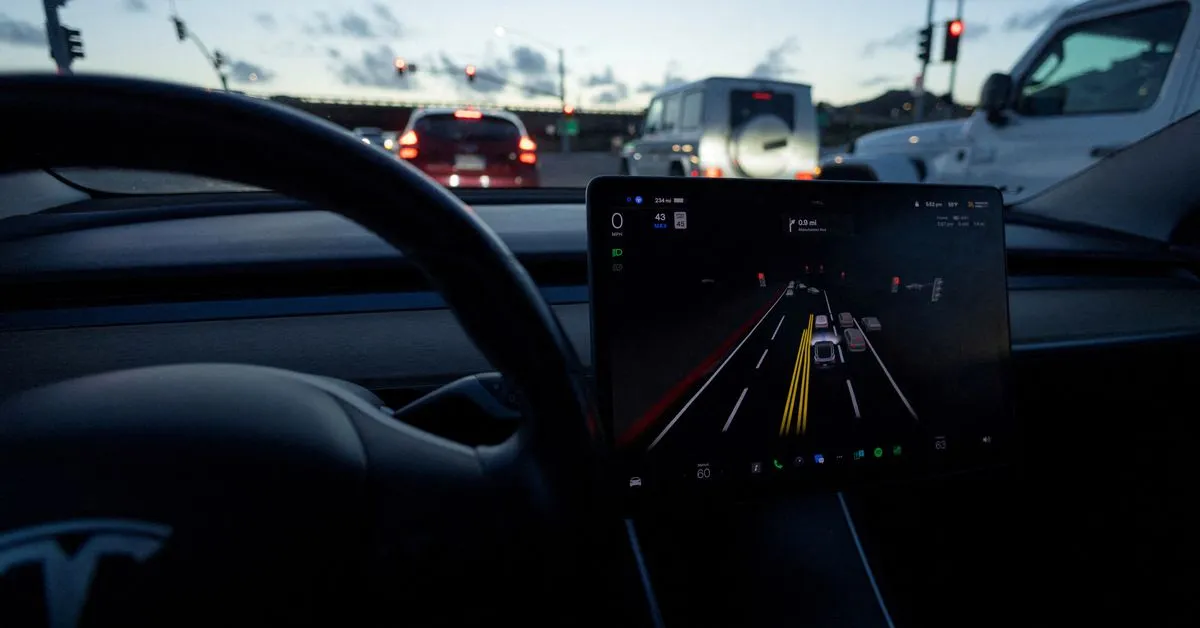- cross-posted to:
- [email protected]
- [email protected]
- [email protected]
- cross-posted to:
- [email protected]
- [email protected]
- [email protected]
Tesla braces for its first trial involving Autopilot fatality::Tesla Inc is set to defend itself for the first time at trial against allegations that failure of its Autopilot driver assistant feature led to death, in what will likely be a major test of Chief Executive Elon Musk’s assertions about the technology.



I assume you mean accidents with a fatal injury, given there is a ~1% chance that any given death will be from a car accident (17.4 deaths per 100k per year * 70 years = 1.2%) - using your statistic yields closer to 2.5% however this works with only one driver dying.
Turns out you’ve been tricked by statistics, driving is fucking lethal and chances are most people know or are friends with someone who has died or will die in a car accident (assuming ~80 friends/acquaintances per person)
Why the arbitrary number of 70 years?
If you calculate the chance of having an accident per route traveled (about 2.57 per person per day), you get a number much closer to NocturnalMorning’s statistics.
A rough estimate for global life expectancy. It’s actually slightly over 73, so the chances of dying in a car accident are marginally higher than I said.
The data I used wasn’t related to driving frequency or age, it was purely the number of people in a random global sample of 100,000 people you would expect to die in a car accident in a given year. That of course includes people of all ages and people who never drive at all, but also taxi & HGV drivers. Even if we say people aren’t in cars so much under the age of 5 or over the age of 60, that would push up the deaths per 100,000 people per year between 5 and 60 by the exact amount to keep the chance per year over a human lifetime at 17.4/100000.